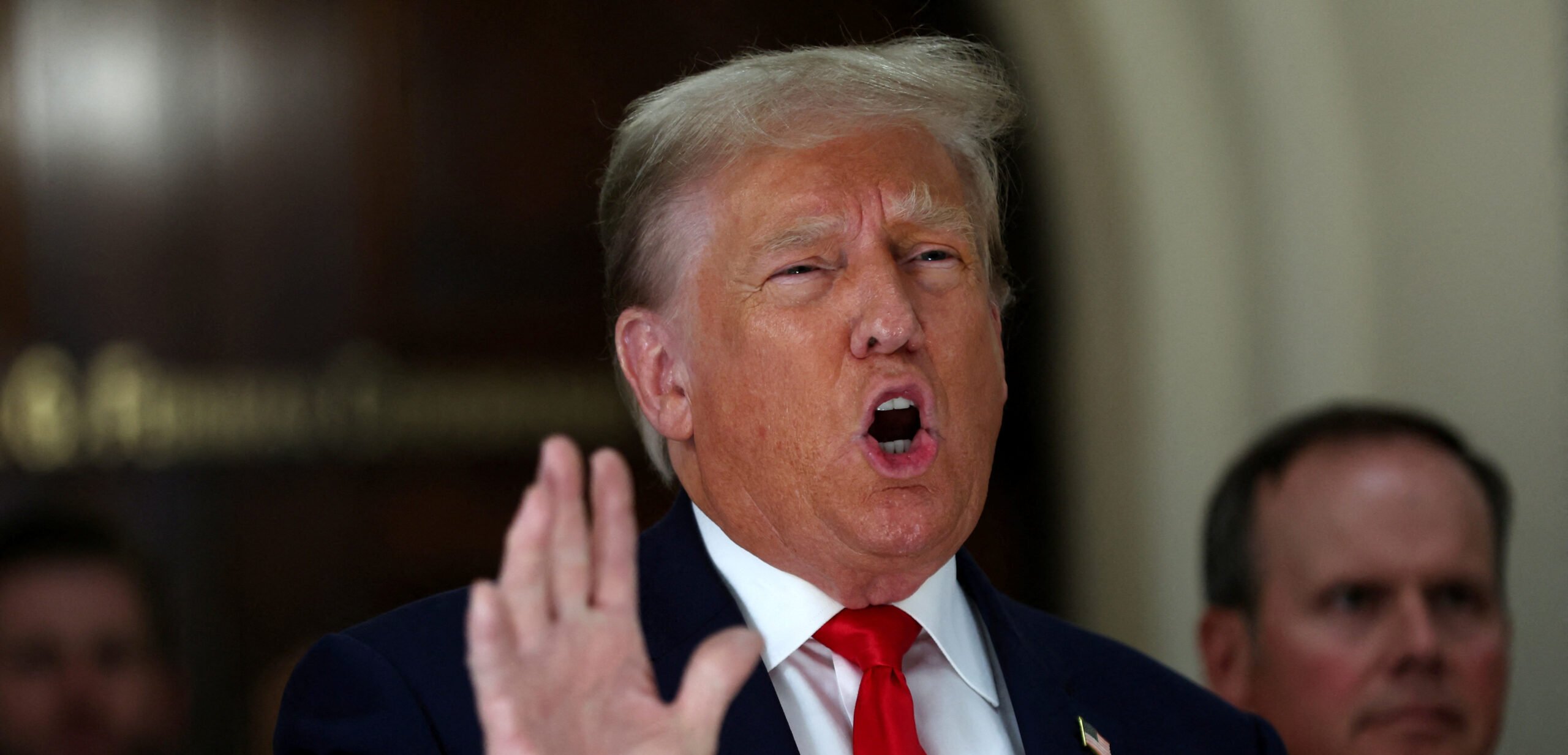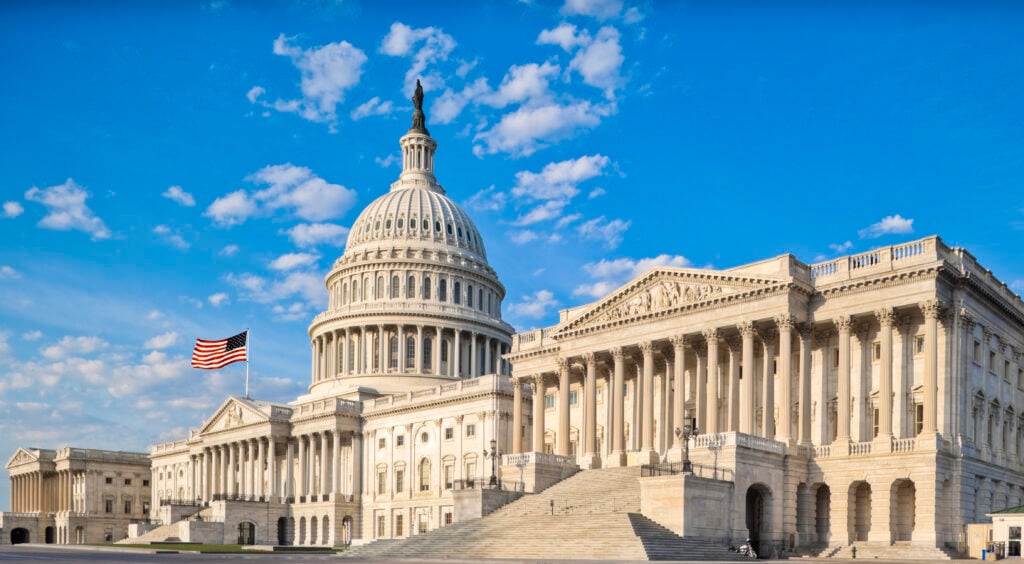

by Timothy Snyder
an American historian specializing in the history of Central and Eastern Europe, the Soviet Union, and the Holocaust
Trump cannot run for office according to the U.S. Constitution.
If you pick up your copy of the Constitution, as I have just done, you can see that its plain language forbids Donald Trump from running for office. Section Three of the Fourteenth Amendment is as clear as can be on this point. Anyone who has taken an oath as an officer of government, and then taken part in an insurrection, may not hold any office thereafter.
I have been travelling in places where Trump has support, reading letters to the editor and editorials in local newspapers, and listening to what people have to say. The three arguments that I hear seem to be pretty much the same ones made by lawyers and in the broader media. I just can’t find any argument that would incline me to ignore what the Constitution clearly states.
The first move people make is to change the subject. It is not the Constitution. It is “the Democrats” who are just trying to keep Trump off the ballot.
The very best text I have read on the topic of Trump’s eligibility for office, the one that initiated this discussion at a level no one else has yet attained, was written by the legal scholars William Baude and Michael Stokes Paulsen. Though I do not know them, I will say with some confidence that these men are not registered Democrats.
This is only worthy of mention, though, because it affirms the hopeful proposition that people who hold various political views can agree about the fundamentals of the Constitution and about the desirability of constitutional rule.
We are all subject to the Constitution and we can all claim rights under it, regardless of those political commitments. To say that we can discard the Constitution because “the Democrats” or “the Republicans” or any other group appeal to it is to defy the document itself and to ignore what it means to have constitutional rule.
The second thing I hear is that in a democracy everyone can run for president.
Certainly one can have a debate about who should be able to run for office. In our constitutional system, however, a candidate for president must be a U.S. citizen, born in the United States (or to American parents), of a certain age, who has resided in the U.S. for a certain period, and who has not previously been an officer of government and taken part in an insurrection (directly or by giving aid and comfort).
Of those five limitations (citizenship, conditions of birth, age, residence, lack of insurrectionary past), surely the last is the least constricting. The citizenship requirement rules out more than 95% of the people in the world. Birth seems a bit unfair. Its circumstances are not something that people choose. And it excludes people who have actually chosen America by becoming citizens. There are foreign-born citizens who want to run for president, and who would be strong candidates. Age might or might not be reasonable as a limitation – should we really exclude people under 35? And if we do, perhaps we should also exclude people over a certain age?
Compared to these limitations, the ban on insurrectionists seems the least debatable. It involves very few people, has to do with choices they themselves have made, and is motivated more clearly than the other limitations by the protection of constitutional rule as such.
The prior three paragraphs are me debating the merits of what the Constitution says. We can all do this. And perhaps the Constitution should be altered. What we all have to acknowledge, though, is that in our system, not everyone can run for the office of president.
The third point people make is that Trump is not an insurrectionist because he has not been convicted as such in court. I don’t think that this is an argument made in good faith. Trump himself does not contest the facts. Indeed, his purported campaign for president right now is based precisely on his participation in an insurrection, which he advertises in public appearances and in social media.
There are deeper points to be made, though. To read the Constitution in this way, as not executing itself, is to deny it of its basic dignity and purpose. There is also some political common sense to be applied here. When a high officer of the United States takes part in an insurrection, it would be expected that he (in this case it is “he”) would then try to alter lower-court decisions (as Trump in fact has).
In the specific case of section three of the Fourteenth Amendment, the insurrection clause that we are discussing here, it is quite clear that the purpose was to establish a qualification for running for office, not to define a criminal offense. An insurrectionist might or might not also be a convict at the time of an election; either way, he is not eligible to run.
If we believe in the Constitution and in constitutional rule, the issue is clear. Donald Trump cannot run for any federal or state office. We might have strong feelings about this; but the reason we have a Constitution in the first place (and the rule of law in general) is to avoid government by strong feelings.

Our Supreme Court is dominated now by justices who claim to care about the plain reading of the Constitution, or the intent of the people who wrote its provisions. This should make this case particularly easy for them.
It is possible, of course, that these justices are simply politicians who espouse their textualism and originalism only when it suits them, in the service of supporting other politicians. Should this prove to be the case, their own office, and indeed the Constitution itself, would be in grave danger (a subject for another article).
We are about to find out.
Cover: Getty Images; Mike Segar / Reuters.









